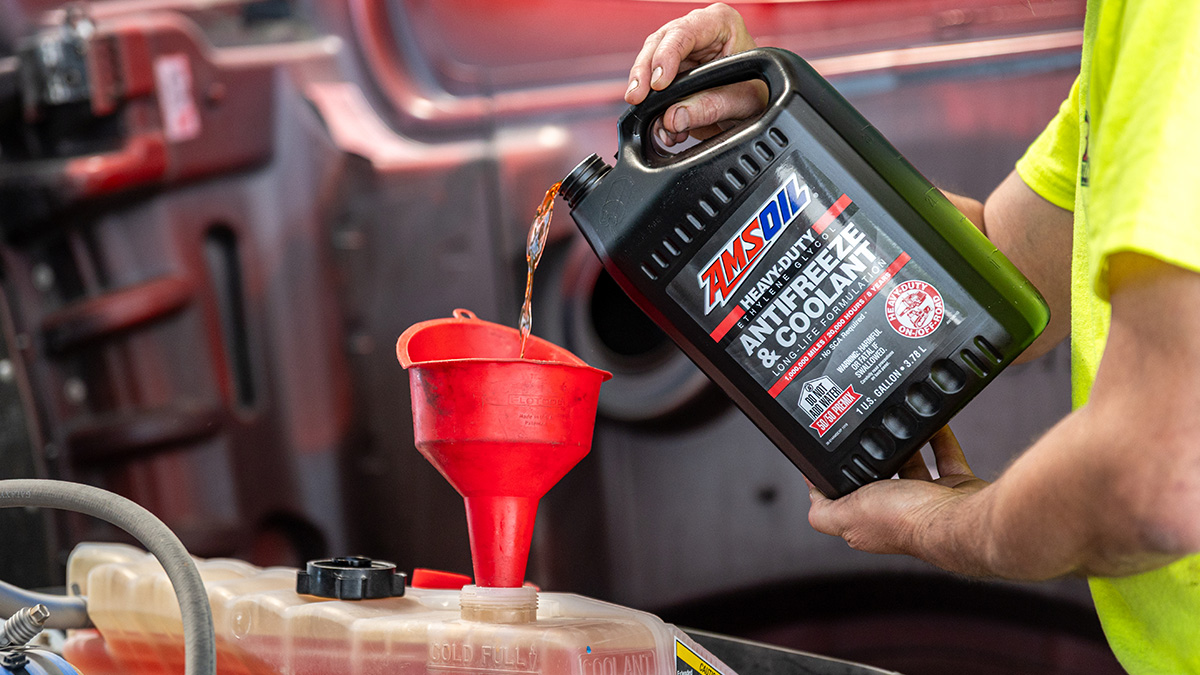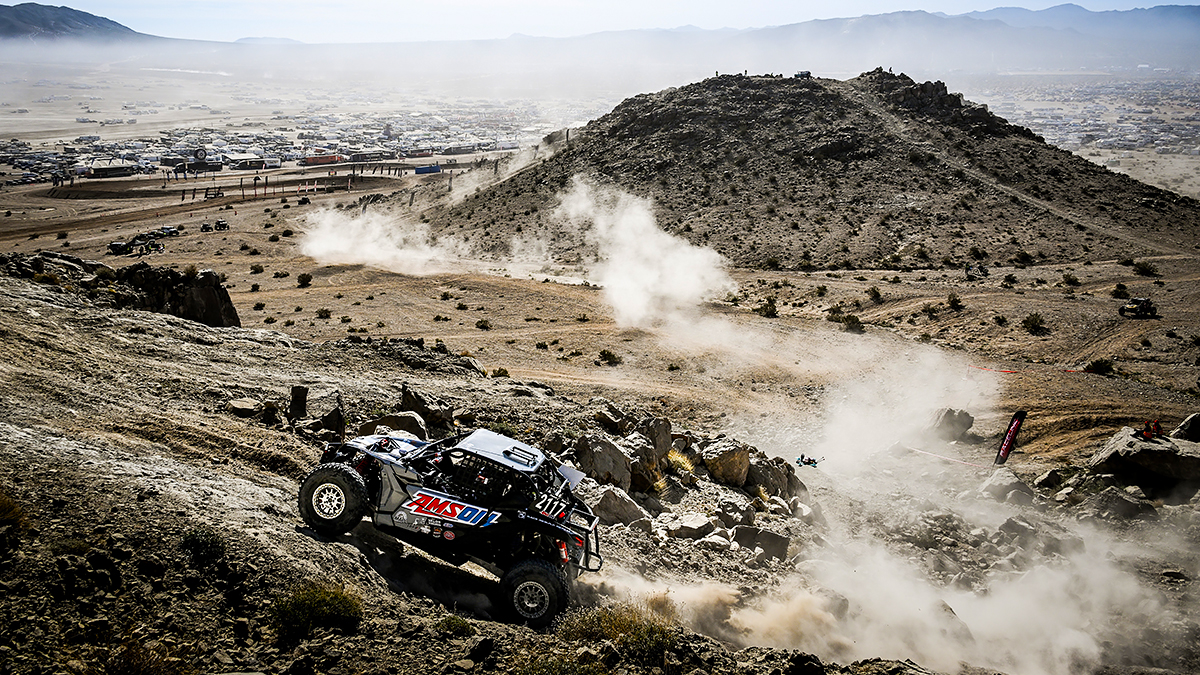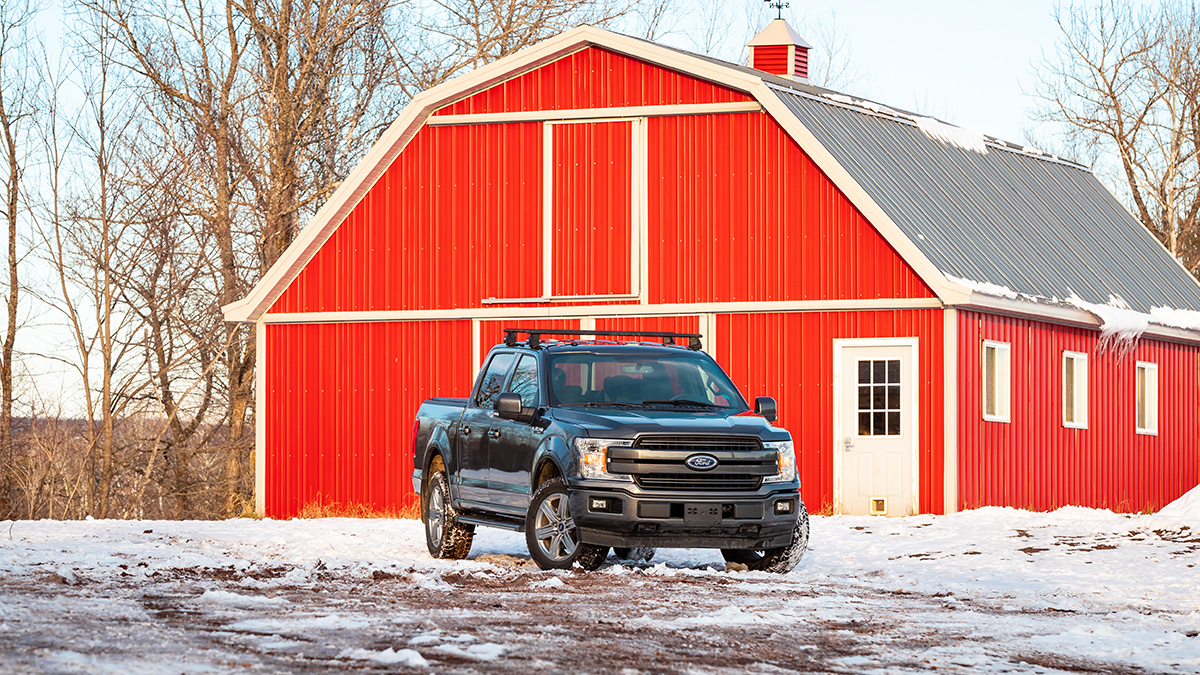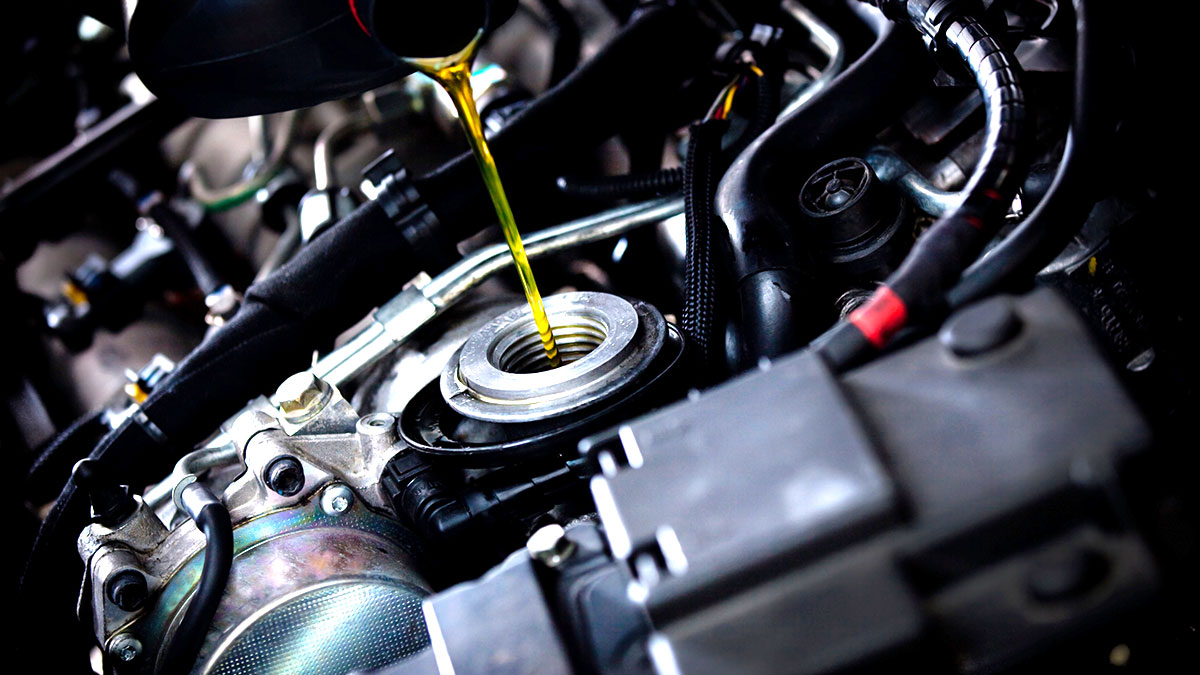ATS Diesel Performance President Clint Cannon talks about the importance of synthetic oil to turbocharger protection.
“ATS Diesel is a manufacturer of light-duty diesel components for Ford,* Dodge* and GM.* We manufacture heavy-duty torque converters, transmission packages, turbochargers, a lot of castings and a lot of small parts to make your diesel perform better,” said Cannon.
“Today, the big push is diesel emissions. So, diesel emissions performance modifications are really what the full vision of ATS is. With the complexity of the diesel emissions systems and adding performance to it, we’ve been developing a lot of resources for the last ten years. And today we have a lot of kits that allow the performance of yesterday on today’s diesels with full emissions-intact programming.
“And, of course, the emissions components generate a ton of heat. Having to deal with that kind of heat requires very good lubricants.”
Solving emissions challenges
“The challenge that comes is making all the systems work together. We add additional fuel. We add another turbo. And then, of course, you have to tie all that together with software. Building all the components was kind of the first challenge, not to mention getting it in there without deleting anything. There’s just not much room to add another injector pump and another turbo.
“The second big challenge was getting the software dialed in so it works at all levels. It works at factory and at sea level; it works at 8,000 feet; works at 10,000 feet. It works for hundreds of thousands of miles without soot-loading. It regenerates properly. It’s a big difference from deleting it like so many have been doing for so many years prior to ’07.”
AMSOIL protects turbos running at 1,400°F
“Basically, all of the turbochargers were a fixed-geometry, which means there were no vanes in the turbine housing. And then for ’07 and newer, the turbos were developed to have variable displacement in the turbine housing. With the additional complexity of these turbos, you start adding all those moving pieces into the turbine housing that’s running at 1,400°F (760°C), it really has a tendency to cook the oil. So, having good lubricity in, not only the engine but the turbocharger, is important because the engine is what feeds the oil to the turbocharger.
“You have to make sure the oil doesn’t coke up, which is basically sizzling the oil. It basically gets hard and it mucks up, and then the turbocharger fails prematurely. So, having a good high-performance synthetic oil in any of these newer trucks is an absolute must to make sure you don’t deal with the coking and you maintain the lubrication as the viscosity gets thinner because of the heat.
“I believe that, with technology, especially from our partners like AMSOIL, to be able to deal with these hotter temperatures we put together a package that not only gives you the fantastic drivability, but it sustains the longevity. And it gives you that performance that we used to get from old diesels and you don’t have any black smoke. It’s kind of the best of both worlds or the best of all of them.”
*All trademarked names are the property of their respective owners and may be registered marks in some countries. No affiliation or endorsement claim, express or implied, is made by their use. All products advertised here are developed by AMSOIL for use in the applications shown.





Comments
Share: